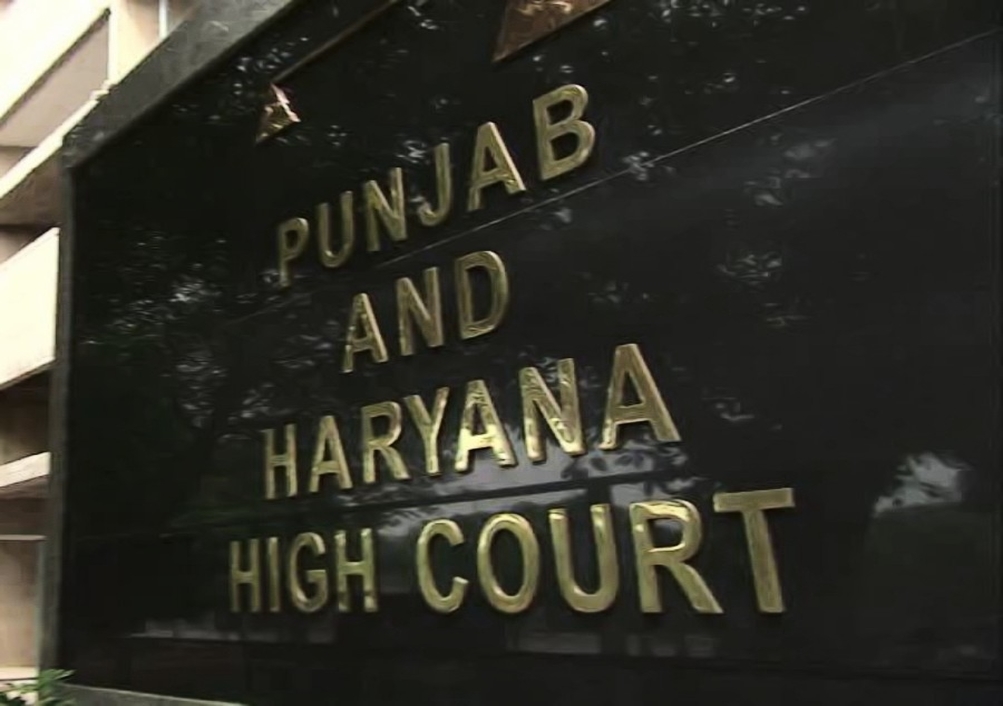In RA-CR-48-2022-PUNJ HC- P&H HC deprecates litigant’s conduct of falsely claiming that she did not authorise her counsel to withdraw petition, says Advocates make sincere efforts to get relief and such allegations against them are not appropriate Justice Anil Kshetarpal [02-06-2022]

Read Order: Indu Rana v. Jinder Pal Singh
LE Correspondent
Chandigarh, June 13, 2022: While dealing with a review application wherein the applicant alleged that her counsel withdrew her revision petition without being authorized to do so, the Punjab and Haryana High Court noted that the power of attorney did authorise the counsel to withdraw/compromise and held that such practice of making false allegations needs to be curbed.
Thus, Justice Anil Kshetarpal held that such allegations against an Advocate are not appropriate. Also, the Bench opined, on merits of the case, that the rent petition was filed in 2015 before the Rent Controller under Section 13-B of the East Punjab Urban Rent Restriction Act, 1949 which enables a Non-Resident Indian to get immediate possession of the premises.
A review application was filed by the applicant before the Court against an order in the revision petition filed by the petitioner impugning the order of eviction passed by the Rent Controller, which was affirmed in appeal by the Appellate Authority. In the revision petition, it was argued by the counsel representing the petitioner that he was instructed not to press the revision petition on merits, provided the petitioner was granted eight months time to hand over the vacant physical possession of the tenanted premises to the landlord.
Thus, while allowing the revision petition, the Court ordered the tenant to file an undertaking before the Rent Controller to hand over the vacant physical possession of the tenanted premises to the landlord within the specified time. It was also ordered by the Court that the petitioner was liable to pay all the arrears of rent, if any due, within one month and she was also held liable to deposit the advance rent by the seventh day of each calendar month, either before the Rent Controller or in the bank account of the landlord.
In the present review petition, the case was called out twice but the counsel representing the review applicant did not come forward to attend the hearing. The petitioner claimed that she did not authorise her counsel to withdraw the petition.
But, on a careful reading of the power of attorney executed by the petitioner in favour of her counsel, the Court noted that the power to withdraw/compromise was conferred.
Thus, against this backdrop, the Court opined that such practice needs to be curbed. Justice Kshetarpal further asserted that the Advocates are the officers of the Court and they normally make sincere efforts to get the relief for the party they represent therefore, such allegations against an Advocate are not appropriate.
Further, after examining the case on merits, the Court opined that the petitioner failed to make out any valid ground for the grant of leave to defend. Additionally, it was also noted that the rent petition before the Rent Controller was filed in 2015 under Section 13-B of the East Punjab Urban Rent Restriction Act, 1949 which enables a Non-Resident Indian to get immediate possession of the premises but in the present case, even after a period of 7 years, the landlord was made to wait for possession.
Consequently, while asserting that no ground to review the impugned order was made out, the Court held,
“Even otherwise, there is no ground to interfere with the order passed by the Rent Controller refusing leave to defend. Hence, the review application is dismissed with costs of Rs.50,000/- which shall be deposited with the Poor Patients Welfare Fund of Post Graduate Institute of Medical Research and Science, Chandigarh, within a period of one month, from today and receipt thereof shall be presented in the Registry.” Hence, the petition was dismissed.
Sign up for our weekly newsletter to stay up to date on our product, events featured blog, special offer and all of the exciting things that take place here at Legitquest.




Add a Comment